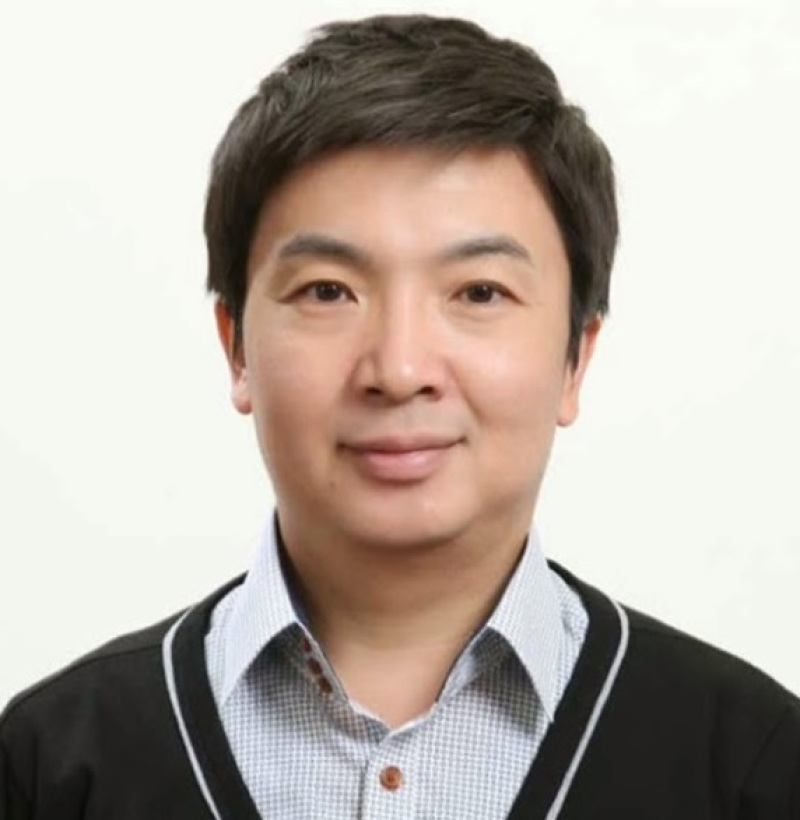
Before Thanksgiving Day, I pondered the differences between Eastern and Western cultures in terms of how they view and display respect.
For this, I was given the example of two great philosophers who led the flow of ideas in the East and West: One of them is Plato, a Western ancient philosopher, and the other is Meniculcs, a Chinese ancient philosopher.
Plato, before his death, expressed gratitude for three blessings. Similarly, Meniculcs also talked about three pleasures of a great man.
First, Plato was grateful for being a human and not an animal. Meniculcs expressed thanks for having parents and siblings who live together.
Second, Plato was thankful for being a Greek and not a barbarian. On the other hand, Meniculcs gave thanks for having nothing to be ashamed before Heaven and man.
Third, Plato was for grateful for being born in the time of Socrates. Meniculcs showed thanks for having the opportunity to meet and educate the wise and virtuous students of his generation.
In brief, it is as follows.
The differences in gratitude between the East and the West were revealed by these two philosophers.
For the West, "I" is important. In Western culture, gratitude is generally expressed through the division of others. This way to express gratitude may be called: "not ~ but ~: not animal, but human; not barbarian but Greek, and not an ordinary person, but a wise man.
On the other hand, for the East, "oneness" and "community" are more important than "division" and "I". This way to express gratitude may be called; "not only ~ but also~": having parents and siblings who live together, a sense of oneness with the natural world, and meeting wise people.
I am not taking a side as to which one is better. Whichever you follow - the way of Plato or the way of Meniculcs is just half of gratitude. Like Plato, we may be thankful for the division and separation of others. However, it is easy to have the sense of inferiority or superiority if you overdo it. While the poor may feel interior to the rich, the rich may feel superior to the poor.
Then how about the way of Meniculcs? It is also half of gratitude without "I". In Korea, an old saying goes that "even though I am unhappy, I am happy if our family is happy." That is not true thanks.
What is true gratitude? It means I feel happy and I also make my community happy. Is it true thanks when I am happy and my family is happy? What God wants is for God and I to be happy together.
During this Thanksgiving day, I pray that all of you are content in the Lord.

Reverend and Doctor Jin O. Jeong is an assistant pastor for Korean congregation at Zion Lutheran Church, Belleville, IL. He graduated from Luther University and received a Ph.D from Yonsei University. He was also a Research Fellow at Hebrew University and Visiting Scholar at Yale Divinity School. Tel: 618-920-9311 Email: jjeong@zionbelleville.org



















